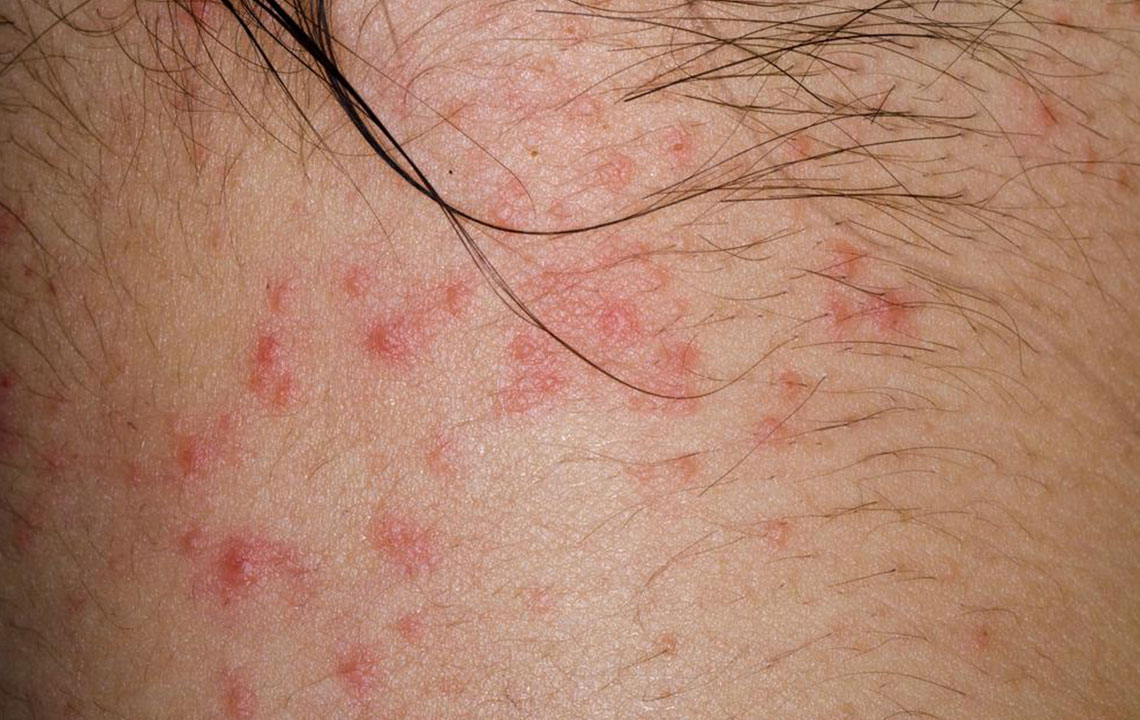Top Strategies for Managing Atopic Dermatitis Effectively
Learn effective management techniques for atopic dermatitis to reduce symptoms and improve comfort. This article covers treatment options, skincare routines, and lifestyle changes suitable for all ages.
Sponsored

Over 18 million individuals in the country are affected by atopic dermatitis, a prevalent form of eczema impacting the skin. Usually beginning in childhood, this chronic condition can persist into adulthood. Recognizing effective management approaches is crucial for controlling symptoms and improving quality of life.
Understanding atopic dermatitis: It manifests as inflamed, itchy skin, often accompanied by dryness, redness, and patches that may be brown or scaly. While common in children, it can affect people at any age. Genetic factors impair the skin’s ability to retain moisture, making it more vulnerable to environmental allergens and irritants. Associated conditions like asthma or hay fever are also common.
Symptoms vary but often include dry, scaly skin, redness, itching, and small bumps or open sores resulting from scratching. In children, initial signs typically appear on the face, forehead, and scalp. Food allergies, genetic predisposition, and concurrent conditions like asthma increase the risk of developing this skin issue.
While a definitive cure remains unavailable, a combination of treatments can alleviate symptoms significantly. Diagnosis involves evaluating skin and family history, followed by personalized care plans. Treatments include topical medications, antibiotics for infections, and newer biologic injections for resistant cases.
Therapies such as light therapy and wet dressings can provide additional relief. Proper skincare routines, avoiding irritants, and managing stress are vital. For infants, gentle skin care using mild products and moisturizing is essential. Consistent self-care and medical guidance enable individuals to lead normal lives despite the chronic nature of atopic dermatitis.
At-home care tips: Regular moisturizing with suitable lotions or oils minimizes flare-ups. Applying anti-itch creams or antihistamines reduces discomfort. It's important to prevent scratching by keeping nails trimmed and using protective bandages. Warm baths with natural exfoliants like oatmeal can soothe the skin. Choosing unscented soaps and managing stress further support skin health. Support groups and professional counseling are beneficial for emotional well-being.






